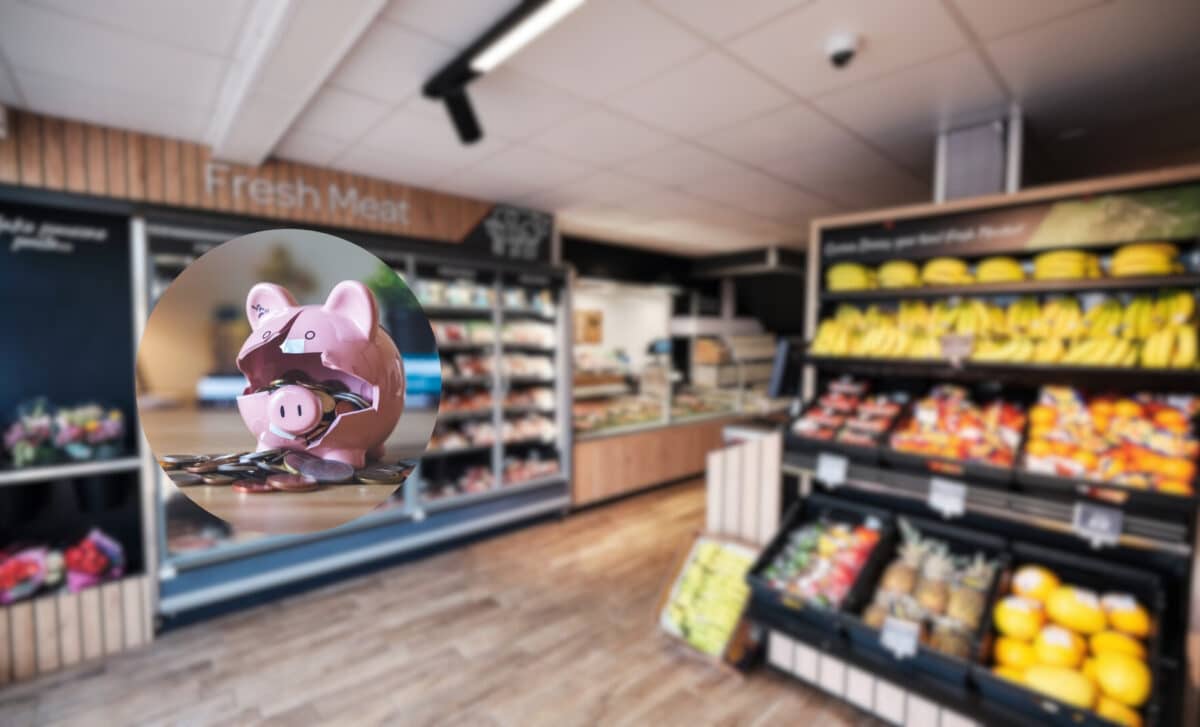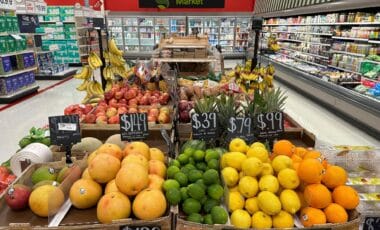This increase signals persistent economic challenges for households grappling with rising costs. Policymakers face mounting pressure to address inflationary trends without undermining broader economic stability, as public concerns about affordability grow.
Inflation: A Hike Impacting Monthly Expenses
The recent inflation spike stems from several key factors, including a hike in household energy prices following the lifting of the energy price cap. As reported by The Guardian, this adjustment significantly impacted monthly expenses, with households facing higher utility bills during an already challenging financial period.
Other contributing factors include a seasonal rise in food and alcohol prices and increased petrol costs between October and November. Additionally, higher tobacco taxes, introduced at the end of October, added to inflationary pressures, further straining consumer budgets. These trends reflect a combination of external market influences and domestic policy changes.

The ONS chief economist Grant Fitzner also added that : “Inflation rose again this month as prices of motor fuel and clothing increased this year but fell a year ago. This was offset partially by air fares, which traditionally dip at this time of year, but had their largest drop in November since records began.”
Thomas Pugh, an economist at the accountancy firm RSM UK said : “Rising inflation will make the [Bank’s rate-setting] monetary policy committee nervous. While the MPC won’t want to drive the economy into stagnation, or worse an actual recession, the priority will be bearing down on inflation given that consumers inflation expectations are climbing again – even if that means a period of slower growth.”
Policy Implications and Public Response
The rise in prices has reignited debates on its impact on monetary policy and wages. Despite nominal pay growth outpacing cost increases by 3% in the three months leading up to October, many households continue to feel the strain. The Bank of England faces the challenge of balancing economic growth concerns with the need to stabilize the economy
Chancellor of the Exchequer Rachel Reeves defended the government’s recent economic actions, highlighting attempts to secure salaries and enhance the national living wage, according to The Independent. “I am fighting to put more money in the pockets of working people. That’s why at the Budget we protected their payslips with no rise in their national insurance, income tax or VAT, boosted the national living wage by £1,400 and froze fuel duty.”, he added.
Nonetheless, detractors, such as Daisy Cooper, the treasury spokesman for the Liberal Democrats, have demanded that tax laws be reexamined in order to better assist low-income households. As the UK heads into the festive season, these figures underscore the complexity of managing inflation while ensuring economic stability and affordability for consumers.









